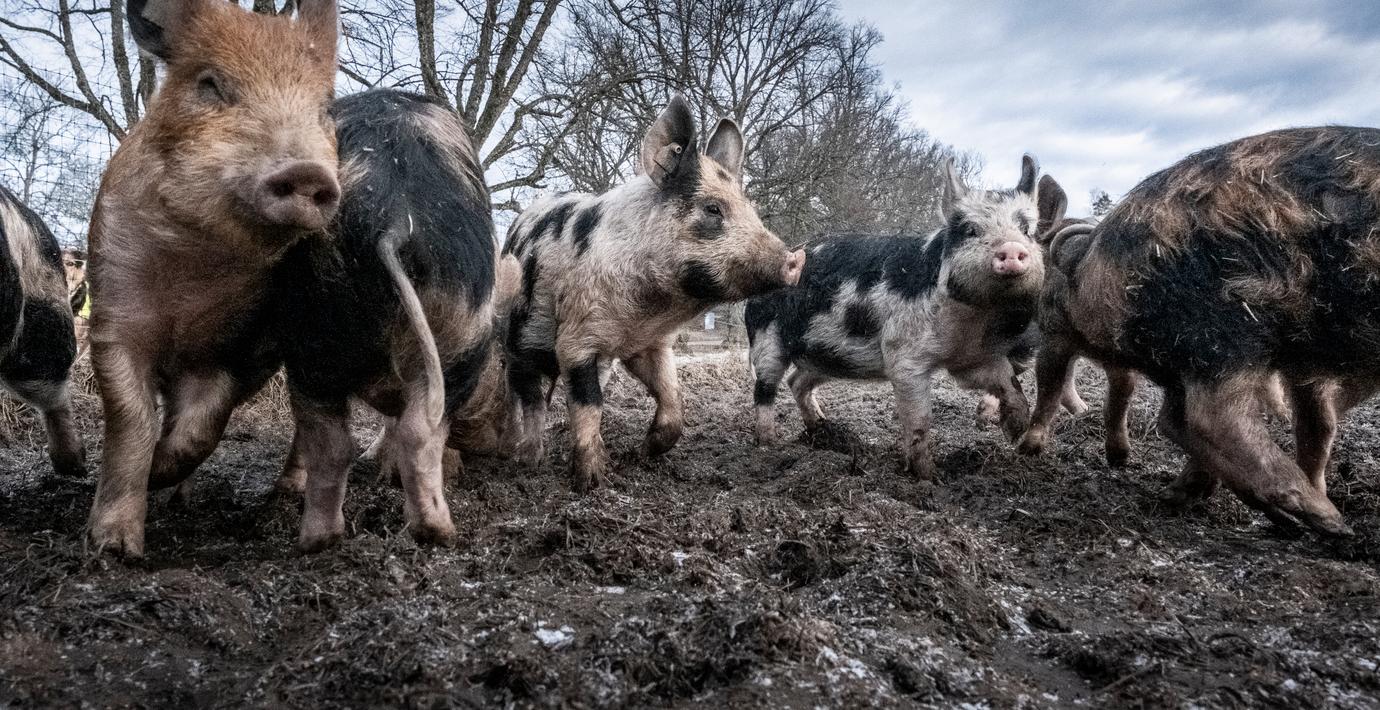bakgrund
”Pig butchering”-bedrägeri
Wikipedia (en)
A pig butchering scam (in Chinese sha zhu pan or shazhupan, (Chinese: 杀猪盘), translated as killing pig game) is a type of long-term scam, which usually but not always combines the various forms of romance scams and investment frauds, in which the victim is gradually lured into making increasing contributions, usually in the form of cryptocurrency, to a fraudulent cryptocurrency scheme. Such scams are commonplace on social media and dating apps. The scammer builds trust with the victim through online communication, subsequently persuading them to invest in a fraudulent cryptocurrency scheme. The "butchering" or "slaughtering" of the victim transpires when their assets or funds are stolen. Perpetrators are typically victims of a fraud factory, where they are lured to travel internationally under false pretenses, trafficked to another location, and forced to commit the fraud by organised crime gangs.
Scams can be detected with the simple precautions, contact begins with random unsolicited accidental missed calls with extended repeated contact or via dating apps with fake profiles, romantic interest from strangers, requests for personal information, after gaining trust offer guaranteed too-good-to-be-true high return trade or investments which requires the use of genuine-looking fraudulent website or app with progressively-escalating minimum investment thresholds and display of fake profits on the fake app or website and unregistered investment platforms (check if investment websites or apps are registered with official regulators), pressure to invest quickly (legitimate opportunities rarely require rushed decisions), offer of extravagant gift which requires release of money from the victim, difficulty withdrawing funds from supposed investment returns, inconsistent or vague details (contradictory information or a lack of concrete specifics about the supposed investment), persistent attempts to isolate you by monopolizing your attention and cut you off from loved ones so that loved ones can't alert you, etc. To avoid being scammed conduct due diligence, verify the identity of the fake persona (ask for their well-used old and legit LinkedIn and FaceBook accounts). Scammers avoid giving out WhatsApp number and prefer apps where their phone number is hidden such as Telegram or WeChat. Many scammers obtain their own WhatsApp-linked phone number by fraud through burner phone, virtual number or phone number mules and caller ID spoofing, and then scammers avoid videocall verifications (have multiple and long videocalls with them to verify their identity). Verify the identity of companies with registration and regulatory bodies, never invest in any scheme through people you met online but never met in person, immediately cut off the contact with scammers and their platforms, alert the authorities and your loved ones, etc.
In 2024, crypto fraud is estimated to reach US$12.4 billion, of which high-yield investment program (HYIP) scams and pig butchering scams contributed 50.2% and 33.2% respectively, and pig butchering scams grew at the rapid rate of 40% over previous one year. In October 2023, 12% of Americans using dating apps experienced exposure to this type of fraud, up from 5% in 2018. The scam originated in China in 2016 or earlier, and proliferated in Southeast Asia amid the COVID-19 pandemic.
